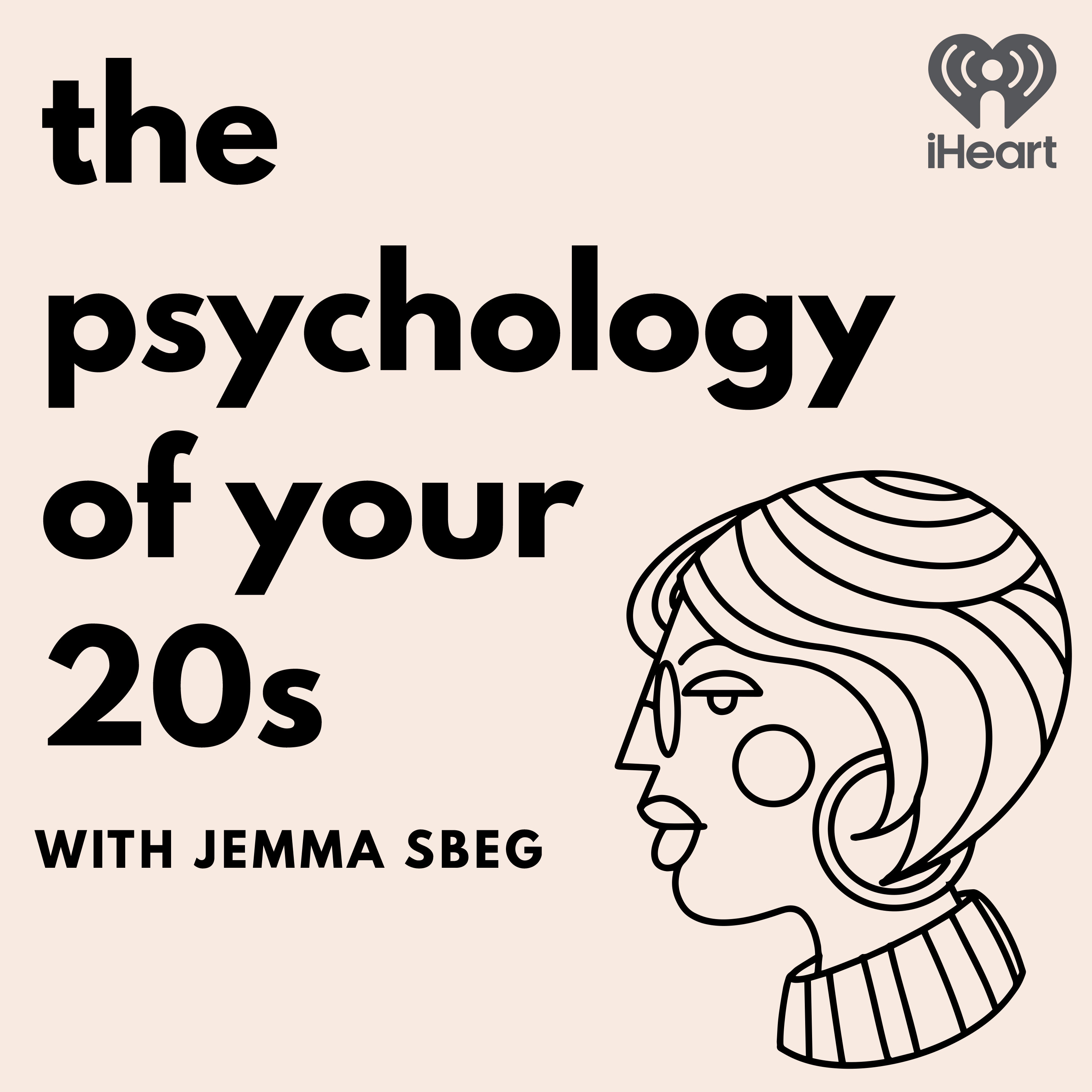Chapter

Understanding Disordered Attachment Styles
The three disordered attachment styles, disorganized and fearful, avoidant, dismissive, and anxious preoccupied, are best addressed with the help of a therapist. However, building trust and intimacy with trusted individuals can help in healing distorted attachment styles.
Clips
People with dismissive attachment styles tend to believe they don't need anyone, avoid seeking support or approval in social bonds, and have a disordered way of relating to others, which can be a result of their past relationships or parenting.
23:03 - 25:25 (02:21)
Summary
People with dismissive attachment styles tend to believe they don't need anyone, avoid seeking support or approval in social bonds, and have a disordered way of relating to others, which can be a result of their past relationships or parenting.
ChapterUnderstanding Disordered Attachment Styles
Episode38. Healing unhealthy attachment styles
PodcastThe Psychology of your 20’s
This podcast episode discusses the three disordered attachment styles: fearful, avoidant-dismissive, and anxious-preoccupied, emphasizing the importance of recognizing that it is unlikely to have a consistent disordered attachment style without severe childhood trauma.
25:25 - 30:47 (05:21)
Summary
This podcast episode discusses the three disordered attachment styles: fearful, avoidant-dismissive, and anxious-preoccupied, emphasizing the importance of recognizing that it is unlikely to have a consistent disordered attachment style without severe childhood trauma.
ChapterUnderstanding Disordered Attachment Styles
Episode38. Healing unhealthy attachment styles
PodcastThe Psychology of your 20’s
Therapy can help those with disordered attachment styles improve, but intentional closeness with the right people can also help heal previously distorted attachment styles for a more stable, secure relationship.
30:47 - 39:29 (08:41)
Summary
Therapy can help those with disordered attachment styles improve, but intentional closeness with the right people can also help heal previously distorted attachment styles for a more stable, secure relationship.